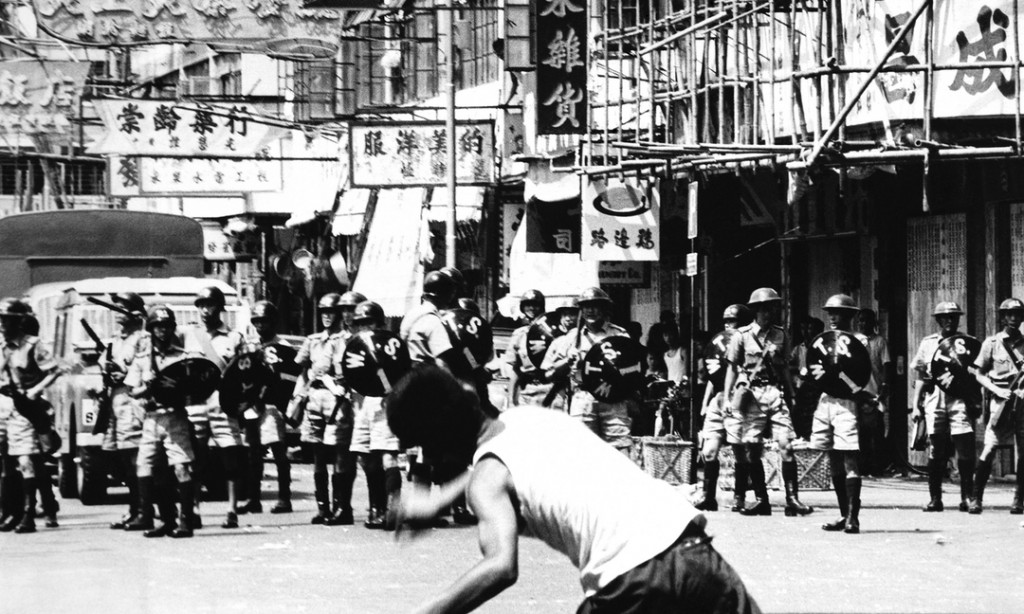Former pro-Beijing lawmaker Chan Yuen-han has said the Mong Kok unrest in 2016 cannot be compared to the 1967 riots, which she said were intended to protect the interests of the underprivileged.
Chan’s party, the Federation of Trade Unions, played a key role in organising the labour protests which escalated into riots in 1967. During the unrest, 8,074 suspected bombs were planted, of which 1,167 were real bombs. At least 51 people died during the riots, including ten police officers, and 802 were injured.
In the 2016 clashes, around 90 police officers and 35 civilians were injured, but none were killed.

A nine-person jury unanimously found activist Edward Leung guilty of rioting last Friday. Chan, an honorary chair of the FTU, said Leung cannot be forgiven for launching a street movement that turned into the Mong Kok clashes.
Chan wrote in her AM730 newspaper column that she read some articles calling for Leung to be given a lenient sentence. She said they argued that Leung did not commit serious crimes such as murder, rape or drug trafficking, and he chose to come back to Hong Kong when he could have fled the city.
But she said that an initiator of a street movement should be prepared for arrest and a jail sentence. “For the kind that will ’cause loss of lives,’ there should be more mental preparation,” she wrote.
Chan said she understood that young people sometimes act on impulse, but their actions should not be without limits and principles.
“It is understandable and acceptable to [act] impulsively out of the love for country and people, to fight against the enemy for the interests of the people,” she wrote.
“But when the impulsive behaviour is to oppose his own people and his own country, or the behaviour is triggered by those with ulterior motives, and harms the people – there is no room for tolerance.”

In 1967, Hong Kong was rocked by large-scale unrest between leftists and the British establishment in Hong Kong. A minor labour dispute escalated into several months of protests, violence, bombings and murders.
“I am not unfamiliar with the word ‘riot.’ Society was corrupt at the time, the suppression by the colonial rulers was full of discrimination and bullying, the intention of our predecessors was to [protect] the interests of the underprivileged,” Chan wrote.
“I know that some people intentionally compare then and now. But if we are being fair and look at the facts, the nature of the two events are absolutely different.”
Chan said it was sad to see young people breaking laws because of their impulsive behaviour.
“But it is even sadder that those who led young people into such confrontations never received any punishment,” she concluded.
